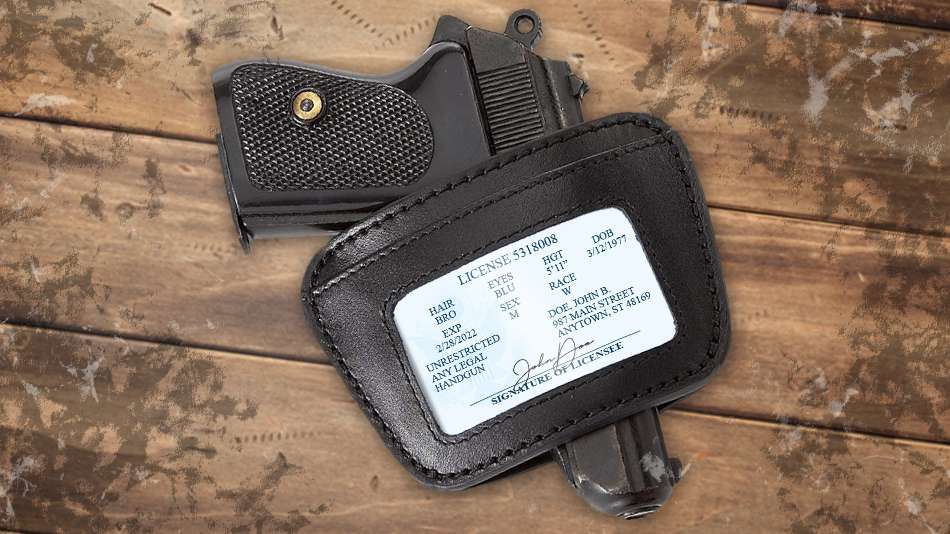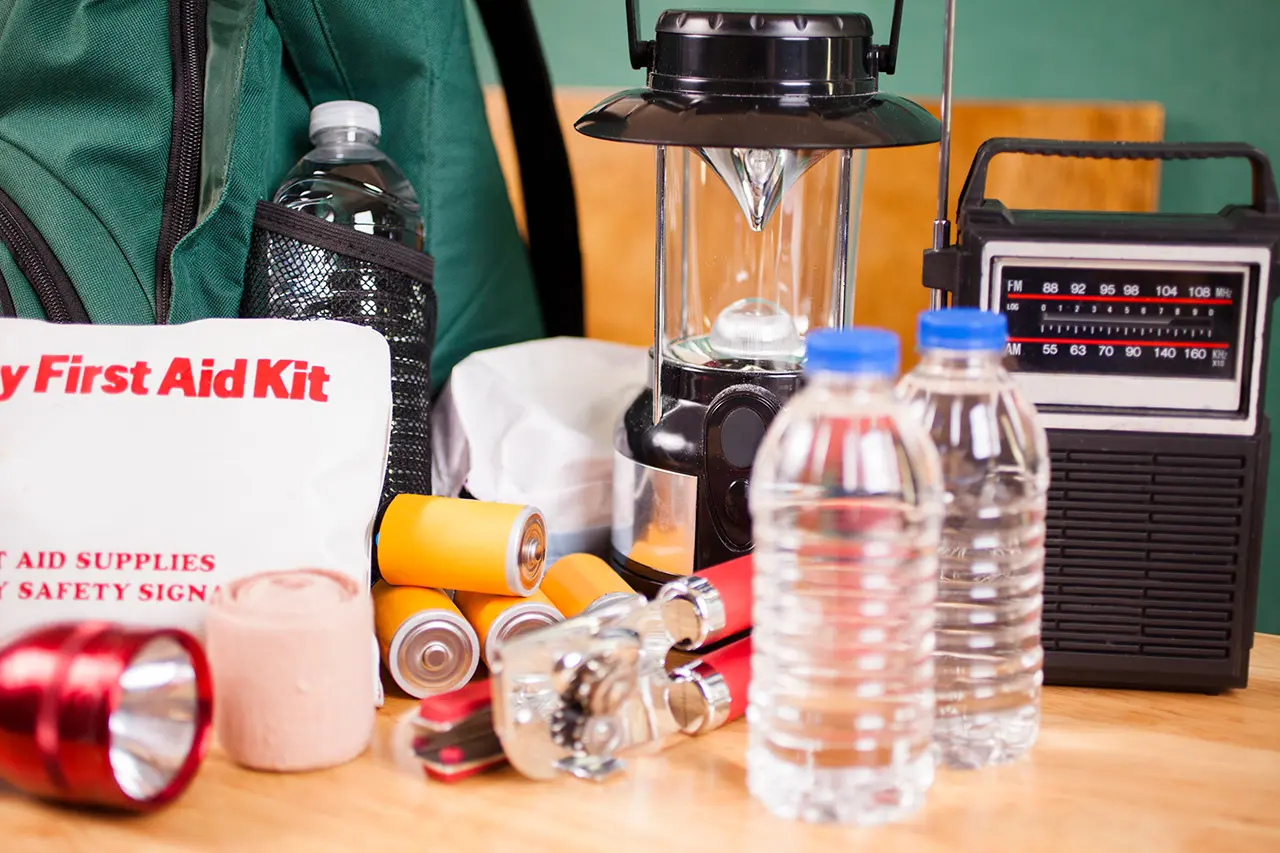
Georgia Weapons Carry License Laws
In December we celebrate the 229th anniversary of the ratification of the Bill of Rights (December 15, 1791), and it’s a good time to reflect on how fortunate we are to live in Georgia, a state that protects our firearm rights.
Georgia has done more in the past two decades to give back to its citizens the rights that existed at the passage of the Bill of Rights than virtually any other state, and this includes a simplified Weapons Carry License (“WCL”) application process.
A Georgia Weapons Carry License is a government-issued identification card that allows the holder to carry a “weapon”—a handgun or knife with a blade greater than 12 inches. With a Weapons Carry License, a Georgia resident can carry openly or concealed in non-prohibited public and private locations. It is a crime to carry a weapon in public without a WCL. Remember, this does not apply to rifles and shotguns, two firearms for which a WCL is not required. WCL holders who physically possess their license can carry either concealed (anywhere on or about their person) or openly in most public places (other than those specifically prohibited by law and where they have been denied entry by the owner or person in legal control of the property). There is no law in Georgia that says a “No Guns Allowed” sign is sufficient notice to keep you from entering a public place.
How Can You Obtain a Georgia WCL?
A Georgia resident must obtain a WCL from the probate court of the county in which he or she resides. In order to begin the process, please review the requirements for a license found in O.C.G.A. §16-11-129, and visit the website for your local probate court. During the current COVID-19 pandemic, each probate court has established its own set of rules for obtaining applications and requesting appointments.
Do I Need a Firearms Class First?
No! Georgia does not require any class of instruction prior to application for a Weapons Carry License. Georgia is a “shall issue” state, meaning if you qualify for a WCL, the Court must grant the license. No firearms proficiency exam or class is required.
Georgia Weapons Carry License Application
Answer the questions on the application and follow your probate court’s rules for submission. You must have your fingerprints taken and submitted with the application. Each court will have a process in place for you to have your fingerprints taken, typically by the county Sheriff’s Department.
Georgia Weapons Carry License Renewal
An applicant’s first WCL is valid for five years from the date of issuance; renewal WCLs are likewise valid for five years from the date of renewal. The expiration date is printed on the license. You may request a renewal license as early as 90 days before expiration of your current license or as late as 30 days after expiration. No fingerprints are required for a renewal license. At the time the renewal is requested, you may request a temporary renewal license (a paper receipt showing the date you applied for renewal), which will allow you to carry while you await your new license. If you are granted a temporary renewal license, you must carry it and your previous license. A temporary renewal license lasts for 90 days and costs $1.00.
Obtaining a WCL can be a challenge, but it’s your right, so why not do it? For more information on obtaining your Georgia Weapons Carry License, contact U.S. LawShield and ask to speak with your Independent Program Attorney.
The information provided in this publication is intended to provide general information to individuals and is not legal advice. The information included in this publication may not be quoted or referred to in any other publication without the prior written consent of U.S. LawShield, to be given or withheld at our discretion. The information is not a substitute for, and does not replace the advice or representation of a licensed attorney. We strive to ensure the information included in this publication is accurate and current, however, no claim is made to the accuracy of the information and we are not responsible for any consequences that may result from the use of information in this publication. The use of this publication does not create an attorney-client relationship between U.S. LawShield, any independent program attorney, and any individual.





Leave A Comment